Education is the most powerful weapon which you can use to change the world. — Nelson Mandela
by Henry A. Giroux January 7, 2014 PhilosophersforChange.org
Guy Debord once argued that the spectacle suggests society’s desire for sleep.[1] He was enormously prescient, and his words and work are more important today than when they were first written. The spectacle has been energized and reworked under the forces of neoliberalism and now promotes a mix of infantilism, brutality, disposability and lawlessness. As the visibility of extreme violence is endlessly reproduced in various cultural apparatuses and screen cultures, it functions increasingly, alongside a range of other economic and political forces, to legitimate a culture of cruelty and disposability in everyday life. Pleasure is now colonized in the service of violence, reinforcing Rustom Bharacuha’s claim that “there is an echo of the pornographic in maximizing the pleasure of violence.”[2]
Subscribe or “Follow” us on RiseUpTimes.org. Rise Up Times is also on Facebook! Check the Rise Up Times page for posts from this blog and more! “Like” our page today. Find us on TWITTER at Rise Up Times(@touchpeace). Rise Up Times is also on Pinterest, Google+ and Tumblr.
Casino capitalism feeds on the spectacle, whitewashing history while ensuring the triumph of form over substance. Violence is not simply glorified, it is also spectacularized in more graphic, stirring and dazzling digitally induced dramatic depictions. Violence is the new state-supported and institutionalized obscenity, parading as both entertainment and an honorific social ideal to celebrate those who inhabit its repressive state apparatuses — from its war machine to its local police regimes. Violence and politics are no longer separate but permeate each other in contemporary American society, contributing “to the suppression of the very conditions necessary to build a [democratic social order and] polity.”[3] Such violence promotes a state of moral, emotional and intellectual anesthesia in which real violence seems technically imperfect compared to its Hollywood, television and screen culture versions, not to mention its celebration of an idiotic celebrity culture, which constitutes an assault on the very spirit of agency and the radical imagination. One consequence is that society now resembles a war machine as the welfare state is transformed into the punishing state and death zones proliferate.
In the face of the latest school shooting in Centennial, Colorado, a young teenage boy allegedly seeking revenge for being thrown-off the debating team decides to go on a murderous rampage. The roots of such violence are not merely personal, lying in the realm of some unfathomable emotional disturbance. They are also part and parcel of those varied educational and cultural conditions that give meaning to such behavior, suggesting that such violence is a normal and acceptable way to relieve anxiety, tension, and resolve problems. A social pathology and collective amnesia both hides the deeper structural and symbolic dimensions for such violence and produces a weak moral and political response. What are we to make of a mainstream media, along with the American public that appears more concerned about Kim Kardashian flaunting her post-baby body[4] than about the Obama administration ordering a drone strike in Yemen that killed 17 innocent civilians who were part of a wedding party?[5]
Where is the public outrage when an increasing number of behaviors are criminalized by the punishing state? For instance, why are parents and others not up in arms when states such as Mississippi impose “felony charges on schoolchildren for ‘crimes’ like throwing peanuts on a bus” or when law enforcement agencies place children as young as 11 on a sex offender registry for “playing doctor” with a relative, again according to Human Rights Watch?[6] These types of violence become rampant in a society when aesthetic and economic criteria displace moral considerations and the search for intense pleasure and profit replace the search for justice. The police state thrives in the midst of a culture of infantilization and the spectacles of violence.[7] A collective amnesia provides the precondition for authoritarian brutality.
This flight from social, political and ethical responsibility finds another expression in the American government’s indifference, if not complicity, in the increasing mass shootings, the slaughter of school children in the streets and schools, and the increasing violence of local police forces around the country. State and corporate violence merge in the looting of public treasuries, the defunding of public schools, the elimination of social provisions, the creation of policies that expand poverty, homelessness, lack of health care, and those conditions necessary for a semblance of human dignity and agency. Getting ahead is a distant memory for most people who are now preoccupied with merely surviving on a daily basis. Instead of security, the corporate state provides a culture of fear, precarity, and surveillance. Rather than being a model of justice and social responsibility, the state has become a prototype of lawless governance and a symbol of corruption, punitiveness, and greed.
As civil liberties are shredded and powerful corporate and political force engage in a range of legal illegalities, the state itself becomes a model for corruption and violence. Violence has become not only the foundation of corporate sovereignty, it has also become the ideological scaffolding of common sense. Under casino capitalism, the state has become the enemy of justice and offers a prototype for types of misguided rebellion that mimic the lawlessness enshrined by corporate sovereignty and the repressive state apparatuses. Under such circumstances, the force of action does not reside in deliberation, compassion, justice, equality and freedom. On the contrary, it lies in the celebration of the warfare state and its illegal modes of domestic policing and surveillance.
The state of exception has become the rule serving to legitimate illegality and normalizing violence and force as the only mediating dynamic worth utilizing to solve problems. In addition, subjectivity itself has become both hyper-masculinized, transformed, and subordinated to the celebration of an aggressive, violent and hyper-competitive war machine. Evidence of the hardening of the culture and the ongoing visibility of a pathological form of hyper-masculinity abounds in polices that amount to a permanent war on the poor, women, immigrants, workers, public servants, Muslims, poor minorities and those adults marginalized by class and race. The visibility of such violence is on full display in Hollywood films, which as A. O. Scott points out depict, if not celebrate, “a society defined by brutal masculine authority, the pathology of which infects the family, the economy and the state.”[8]
The magnitude of this type of infantilized masculinity and its proliferation of systemic violence is particularly evident in the current policies promoted by right-wing Republican Party extremists in Congress. Women and children are particularly vulnerable under this regime of casino capitalism-fueled-hyper masculinity. According to a recent study by the Center for Disease Control, “nearly one in five women has been raped or has experienced an attempted rape . . . one in six women has been stalked, and one in four have been reported being beaten by their intimate partner.”[9] In addition, each year children experience a shocking amount of violence due to abuse by adults and fueled by a gun culture that celebrates aggression in the name of freedom and security, but in reality is nothing more than a huge source of profit for the defense industries, corporations that trade in violence and death, and the growing incarceration state. The figures pointing to the deaths due to violence against children and youth are staggering. “Each year: More than 1,500 children ages 0 to 17 die from child abuse and neglect — about 80% of deaths occur among children younger than age 4. More than 5,000 young people ages 1 to 24 were murdered, making homicide the second leading cause of death for this age group.”[10] The Republican Party’s response to such issues has been to curtail women’s reproductive rights, curtail valuable health-care facilities for low-income women, criminalize the behaviors of young people, engage in voter suppression, saturate schools with the police, and remove millions of poor children from valuable food stamp assistance.
America has not only lost its moral compass, but any vestige of credibility in its alleged support for equality, freedom, justice and democracy itself. The United States is not a banana republic, as some critics claim, but much worse. It has become the enemy of democracy and a symbol of the new authoritarianism.[11] As Joseph Stiglitz, Michael Yates and many other theorists of inequality have demonstrated, power and wealth are now firmly concentrated in the hands of the 1% and translate into forms of material and symbolic violence evident in a range of policies designed to dismantle all vestiges of the welfare state from school lunch and food stamp programs to benefits for the unemployed. The social contract is not under attack by the plutocrats, it is being shredded. As usual, Bill Moyers gets it right and is worth quoting at length:
We don’t have emperors yet, but one of our two major parties is now dominated by radicals engaged in a crusade of voter suppression aimed at the elderly, the young, minorities, and the poor; while the other party, once the champion of everyday working people, has been so enfeebled by its own collaboration with the donor class that it offers only token resistance to the forces that have demoralized everyday Americans. . .Why are record numbers of Americans on food stamps? Because record numbers of Americans are in poverty. Why are people falling through the cracks? Because there are cracks to fall through. It is simply astonishing that in this rich nation, more than 21 million Americans are still in need of full-time work, many of them running out of jobless benefits, while our financial class pockets record profits, spends lavishly on campaigns to secure a political order that serves its own interests, and demands that our political class push for further austerity. Meanwhile, roughly 46 million Americans live at or below the poverty line and, with the exception of Romania, no developed country has a higher percent of kids in poverty than we do. Yet a study by scholars at Northwestern University and Vanderbilt finds little support among the wealthiest Americans for policy reforms to reduce income inequality.[12]
This form of concentrated power is a machinery of social and civil death intent on waging wars, destroying public schools, public transportation, unions, the environment and all vestiges of the commons, social contract, and public good. Accumulating capital is the new common sense of the land, making exchange value the only value that matters, regardless of the social pathologies it promotes throughout the entire society. Unsurprisingly, faith in the defining institutions of democracy are at an all-time low as politics becomes simply another swindle created by a casino capitalism in which the house always wins. Instead of moral and political outrage manifested in massive demonstrations and new-found political struggles, there is an eerie quietude and sense of desperation enveloping the fast-moving darkness of authoritarianism that is engulfing the country.
America has become a society that thrives on a denial of reality — mistaking democracy for capitalism, massive inequality for meritocracy, ignorance for reason, war for peace, charity for justice, freedom for an unchecked individualism, and entertainment for cruelty. Casino capitalism’s Clinton-Bush “greed is good” image, made famous by Gordon Gekko in Wall Street, has been replaced by the more realistic and sinister values represented by Patrick Bateman in American Psycho. As power becomes global, unrestrained by the politics of nation-states, it has become more arrogant, less controllable and more vicious in its pursuit of resources, profits and wealth. This predatory ruling financial class is the new zombie — parasites sucking the blood out of everything they come in contact with while spreading misery, suffering, and death all over the globe. One consequence is that more and more individuals and groups are becoming imaginary others, defined by a free floating, largely unaccountable capitalist class that inscribes them as disposable, redundant and irrelevant.[13] This is particularly true for a growing number of people, especially young people, who increasingly inhabit zones of terminal exclusion — lacking jobs, burned by overwhelming debt and written out of the discourse of democracy.
This grim reality has produced a failure in the power of the civic imagination, political will, and open democracy. [14] Casino capitalism destroys those institutions that generate the capacity for critique, dissent, thoughtfulness and collective struggles. In its place, it has erected a series of cultural apparatuses that revel in idiocy, celebrity culture, conformity and infantilization. Fox News is the new Pravda, only dumber. Ninety-five percent of talk radio is controlled by right-wing ideologues spewing out an endless tirade of racist, sexist, hate-filled discourse, parading as innocent escapism. Hollywood almost exclusively embraces big-budget films whose worth is defined largely through the aesthetics of hyper-violence and the number of people slaughtered graphically, often in slow motion. The mainstream media does not produce violence directly: it simply legitimates it as a form of public pedagogy, parading as innocent entertainment. This is the pedagogy of infantilism — an unacceptable obscenity of the stupid and arrogant trading in violence, spectacles, common sense, and, ultimately, repression.
The mainstream media is obsessed with violence because it has become a commodity that increases viewer ratings and resonates powerfully with other institutions that make it central to their existence, if not bottom line. In addition, anti-public intellectuals are everywhere, substituting ignorance for evidence, shouting for critical dialogue, incompetence for informed judgment, and “the toxic fog of ‘ethical tranquillization’” for social responsibility.[15] Those few public spheres, such as universities, which might offer a challenge to casino capitalism, have become somnambulant, removed from the necessary noise and bristling questioning of authority and culture of questioning and thinking that they should promote. Instead, of democratic public spheres, they have become outpost of the corporate and national security state. They have also become part of a pedagogy of repression and politics of accumulation and management that strips society of any democratic ideals.
The brutality, cruelty and collective infantilization so rampant in American society both fuels and reveals neoliberalism’s anti-democratic machinery of social and civil death. It also makes clear that what it fears the most, which, as Vaclav Havel once put it, is a “democracy [that] requires a certain type of citizen who feels responsible for something other than his own well feathered little corner; citizens who want to participate in society’s affairs, who insist on it; citizens with backbones; citizens who hold their ideas about democracy at the deepest level, at the level that religion is held, where beliefs and identity are the same.”[16]
Casino capitalism’s paranoiac and increasingly repressive institutional and ideological apparatuses live in fear of dissent, critical rationality and the possibility of collective struggles moved by the desire for justice and a radical democracy. This is precisely where questions about education and resistance connect to broader debates about producing critical agents capable of acting as engaged and responsible citizens in a substantive democracy. Education matters not simply as a space where students can learn to read texts critically or cite the latest fashionable theorists but where they are taught to actually think critically and connect what they learn to the belief that democracy is desirable, possible and has to be defended and constantly renewed. And it is precisely this struggle over ideologies, modes of governance, and social relations that necessitates educators, workers, young people, intellectuals, artists, journalists and others to make clear that any attempt to develop a radical notion of democracy must be inextricably tied to a defense of those institutions where critical thinking, informed dialogue and the resurrection of critical agency become possible. It must also be seen as a site of constant struggle.
As Chantal Mouffe argues: “Democracy is something uncertain and improbable and must never be taken for granted. It is an always fragile conquest that needs to be defended as well as deepened. There is no threshold of democracy that, once reached, will guarantee its continued existence.”[17] In the current historical moment, democracy is not in peril because it has been taken for granted, but because under the various regimes of neoliberalism it is viewed as an excess, a burden, a pathology and a potential threat to the corporate and financial elite. Democracy harbors a political antibody to the concentration of power that now abhors its ideals and discourse of equality, justice, and freedom — made evident in the various revolts and insurrections among young people, workers, and others taking place all over the globe.
Given the current crisis, educators, artists, intellectuals, youth and workers need a new political and pedagogical language for addressing the changing contexts and issues facing a world in which capital draws upon an unprecedented, ruthless appropriation of resources — financial, cultural, political, economic, scientific, military and technological — to exercise powerful and diverse forms of control. Theorists such as Stanley Aronowitz, Angela Davis, Michael Albert, Michael Yates, Richard Wolff, Bill McKibben, Dorothy Roberts, Michelle Alexander and Michael Lerner have made invaluable contributions toward rethinking the role of labor, abolishing the prison-industrial complex, decoupling capitalism from the war machine, abolishing the world-wide gap between the rich and the poor, addressing ecological sustainability, championing women’s rights and the need for a new Marshall Plan. All of these theorists share a recognition that democracy is under siege all over the globe by the forces of neoliberalism and that it is time to reclaim its most noble and promising ideals and practices. All of them have suggested a need to reclaim democracy as a radical rather than liberal ideology, mode of governance, and set of policies. C. Douglas Lummis is right in arguing that “Democracy was once a word of the people, a critical word, a revolutionary word. It has been stolen by those who would rule over the people, to add legitimacy to their rule. It is time to take it back.”[18]
If educators and others are to counter global capitalism’s increased efforts to eviscerate democracy as a result of separating the traditional sphere of politics from the now transnational reach of power, it is crucial for them and other cultural workers to develop a political language and educational approaches that reject a collapse of the distinction between market liberties and civil liberties, a market economy and a market society. This suggests developing public spheres capable of constructing forms of moral and political agency willing to challenge neoliberalism and other anti-democratic traditions, including the increasing criminalization of social problems such as homelessness, while resurrecting a radical democratic project that provides the basis for imagining a life beyond the dream-world of capitalism.
Once again, under such circumstances, education becomes more than a business, an obsession with accountability schemes, measurable utility, authoritarian governing structures, a crude empiricism for defining what counts as research, and a site for simply delineating students as consumers and training them for the workforce. At stake here is the need to recognize and assert the power of schooling, public pedagogy, and the educational influence of the alternative public spheres. Such educational forces are crucial to produce the formative cultures capable of producing the subjectivities, identities, dispositions and capacities necessary to both challenge the various threats being mobilized against the very idea of justice and democracy while also fighting for those ideals, values and policies that offer alternative modes of identity, social relations and politics. More specifically, any viable vision of radical democracy must acknowledge that the foundation for a radical democracy is rooted not merely in economics but in the realm of beliefs, without which there is neither a discourse of critique nor a sense of utopian possibility.
One starting point for addressing the necessity of a radical democracy might be an international movement for the defense of public goods, especially higher education. As such, higher education would be reclaimed and defended as a democratic public sphere and public good rather than a privilege or private right. Such an education should be financed by public funds, committed to pedagogy as the practice of freedom, governed in a democratic fashion, defined as a center of critique, and dedicated to teaching students how to write, learn important skills and think critically. It should also immerse students in those archives of knowledge that enable the full development of the capacities essential to be thoughtfully engaged and socially responsible citizens of the world.
A radical democracy implies a politics, consciousness and ethical commitment that takes seriously a level of shared beliefs, a respect for the commons, and practices that allow the fullest application of the principles of equality, freedom, justice and popular control.[19] Radical democracy is not strictly about matters of process, representation, political, and personal rights. It is also about the development of a radical consciousness along with an investment in economic and social rights — by those social and economic provisions that enable people to be free from the deprivations of hunger, shelter, unemployment, and inadequate health care, among others. The very idea of a radical democracy is impossible without the existence of a radical imagination and public vision in which it becomes possible to envision conditions in which people participate and shape all levels of power and decision making. That is, as Stanley Aronowitz puts it, ”in which decisions are lodged with those directly affected by them, a realignment of economy and the polity entailing the reintegration of various aspects of life with smaller regional economic and social units.”[20]
In this instance, radical democracy both registers the need for a critical consciousness as the precondition for people to exercise power in all spheres of life in which power shapes the economic, political and social conditions of their everyday lives and accentuates the need to provide a “critique of centralized power of every sort — charismatic, bureaucratic, class, military, corporate, party, union and technocratic.”[21] Power and politics in this instance, are about more than economics; they are also about and constitutive of how ideas, hegemony, and those cultural apparatuses engaged in forms of public pedagogy shape desires, needs, values, identities and modes of agency.[22] At the same time, it must be recognized that political democracy cannot exist without economic democracy.
A radical democracy is also grounded in a revolutionizing logic in which the conditions for its fulfillment are always under question and indeed have no final or complete end point. Hence, a radical democracy must be viewed as “stubbornly incomplete and the human condition underdetermined.”[23] Jean-Luc Nancy is right in arguing that a radical democracy is a space of endless determinations,[24] which suggests the need to allow differences to emerge peacefully as a central element of critical exchange, dialogue and thoughtfulness. At stake here is the need to adjudicate conflict thoughtfully without violence and to respond to the myriad forms of “powerlessness that affect citizens of all class and social strata.”[25] Radical democracy must resist all closure while at the same time arguing for those principles and institutions “in which the democratic ideals of equality, freedom and popular control are allowed their most complete sway and fullest application.”[26] In defense of such a position, Jacques Derrida points out convincingly that radical democracy is a “democracy to come — because it is the only name for a political regime which declares its historicity and its imperfectability.”[27] For Derrida, it is “something that has never existed in a satisfactory way and remains to come.[28] Democracy is a politics and mode of governance that must always put itself at issue, calling into question the consequences of its regulative principles, while repeatedly assessing the reality of existing institutions against the need for more justice, freedom and equality. This is not a call for endless purification, which can only lead to violence,[29] but the call for a society in which democracy becomes synonymous with power for and by the people so as to expand the parameters of justice, dignity and compassion for all people.
Radical democracy is rooted in an acceptance of its historicity and imperfectability, thus demanding a constant measure of self-questioning, criticism and critical engagement. Such a democracy implies a refusal of an endpoint, final stage or end of history narrative. Instead, it stresses what Samir Amin has termed “democratization — which stresses the dynamic aspect of a still-unfinished process.”[30] Inherent in such a democracy is the need for labor to be subordinate to free time, experienced as a luxury rather than a deprivation, thus demanding a society that provides a social wage, democratized workplaces, egalitarian social services, ecologically sustainable technologies, free education and crucial social provisions. Democracy in this sense embodies an unrelenting fidelity and obligation not to perfectibility but to justice and an endless responsibility, as Jacques Derrida insists, to “the ghosts of those who are not yet born or who are already dead.”[31]
Matters of pedagogy must be central to any politics that embraces a notion of radical democracy. The agents necessary for such a radical democratic politics can only be constructed through a critical formative culture and public pedagogy produced largely through the media, education and other cultural apparatuses that enable people to be effective political and ethical agents who can think critically, communicate to broader publics, and will organize collectively to implement and fight for a radical vision of democracy. There is nothing that guarantees the existence of a sustainable radical democracy. Democracy in all of its forms has to be fought for, struggled over, and such struggles have to be relentless because of the possibility that democracy can never guarantee its own existence.[32] The struggle against casino capitalism must begin as not only a struggle over power, but as a concerted and widespread attempt to make education central to politics, to address what it means to change the way in which people see things, learn how to govern rather than be governed, and embrace a collective sense of agency in which history and the future is open.
End notes:
 [Thank you Henry for this contribution]
The writer holds the Global TV Network Chair Professorship at McMaster University in the English and Cultural Studies Department. His most recent books include: On Critical Pedagogy, Twilight of the Social, and Youth in Revolt. His website is www.henryagiroux.com and his other site is MCSPI[Notes: (1) This article first appeared on Truthout.org
[Thank you Henry for this contribution]
The writer holds the Global TV Network Chair Professorship at McMaster University in the English and Cultural Studies Department. His most recent books include: On Critical Pedagogy, Twilight of the Social, and Youth in Revolt. His website is www.henryagiroux.com and his other site is MCSPI[Notes: (1) This article first appeared on Truthout.org(2) This piece may not be reprinted without permission from the author.]

This work is licensed under a Creative Commons Attribution-NonCommercial-NoDerivs 3.0 Unported License.
2 THOUGHTS ON “RADICAL DE
Related articles
2 Comments
Comments are closed.

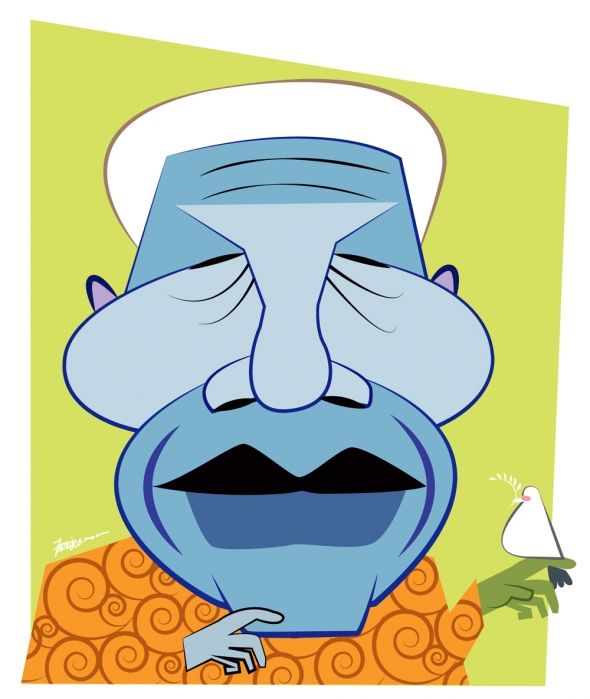


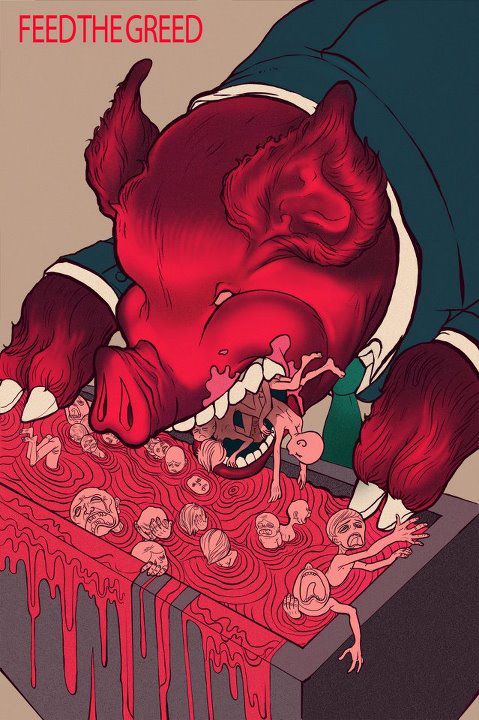


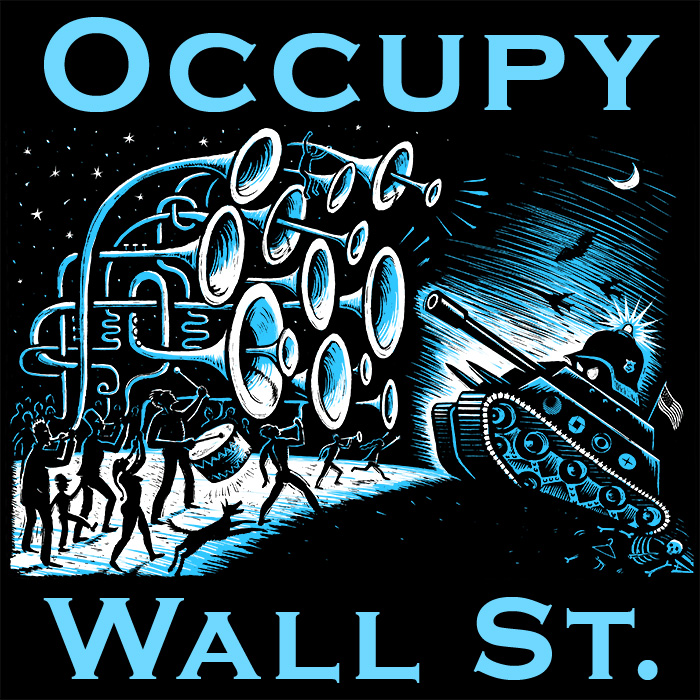
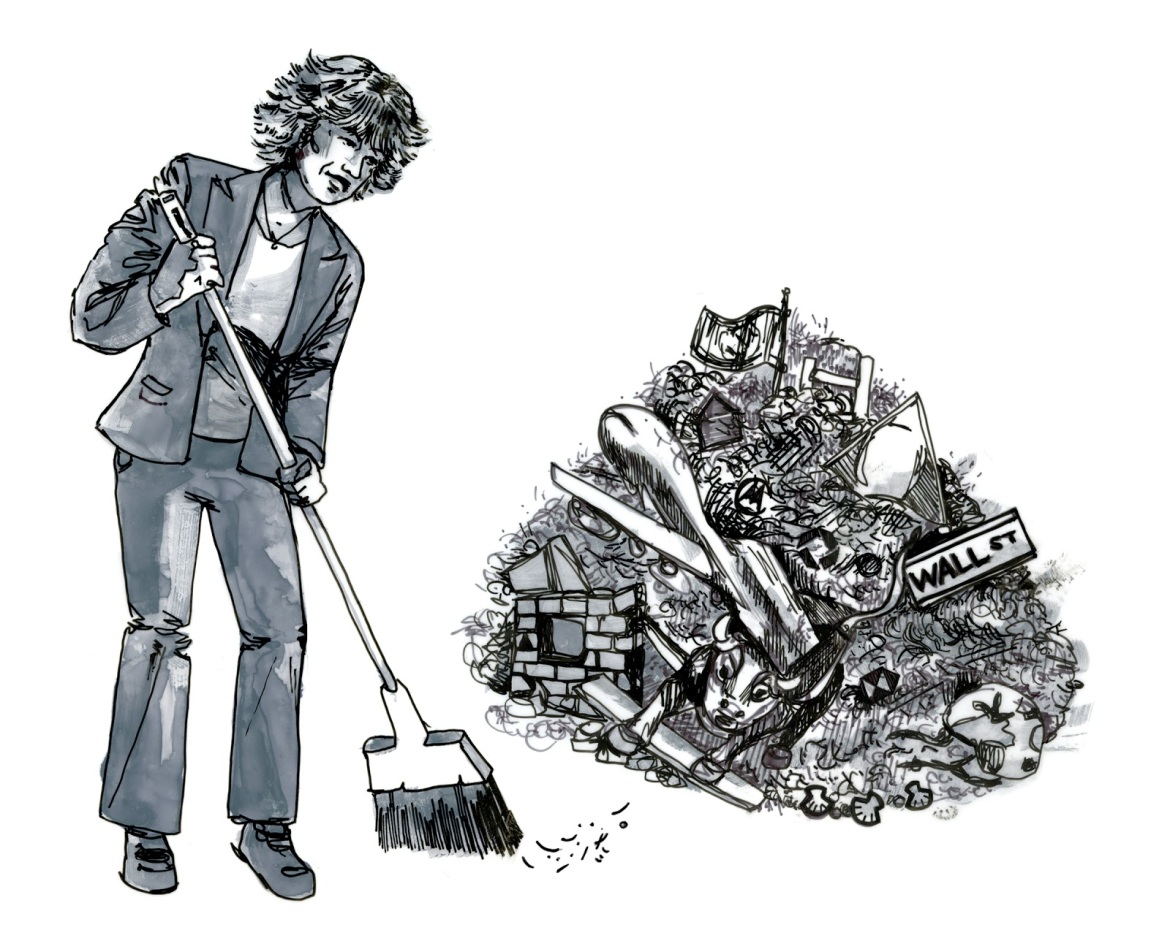
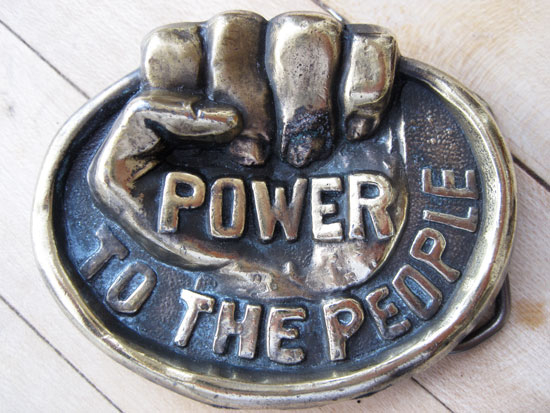
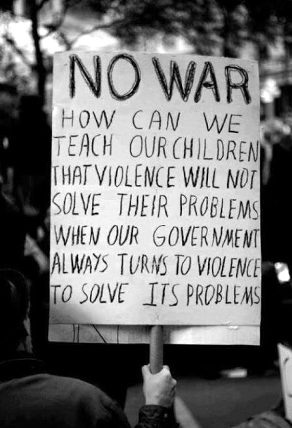





Reblogged this on 21st Century Theater.
Reblogged this on Rise Up Times.